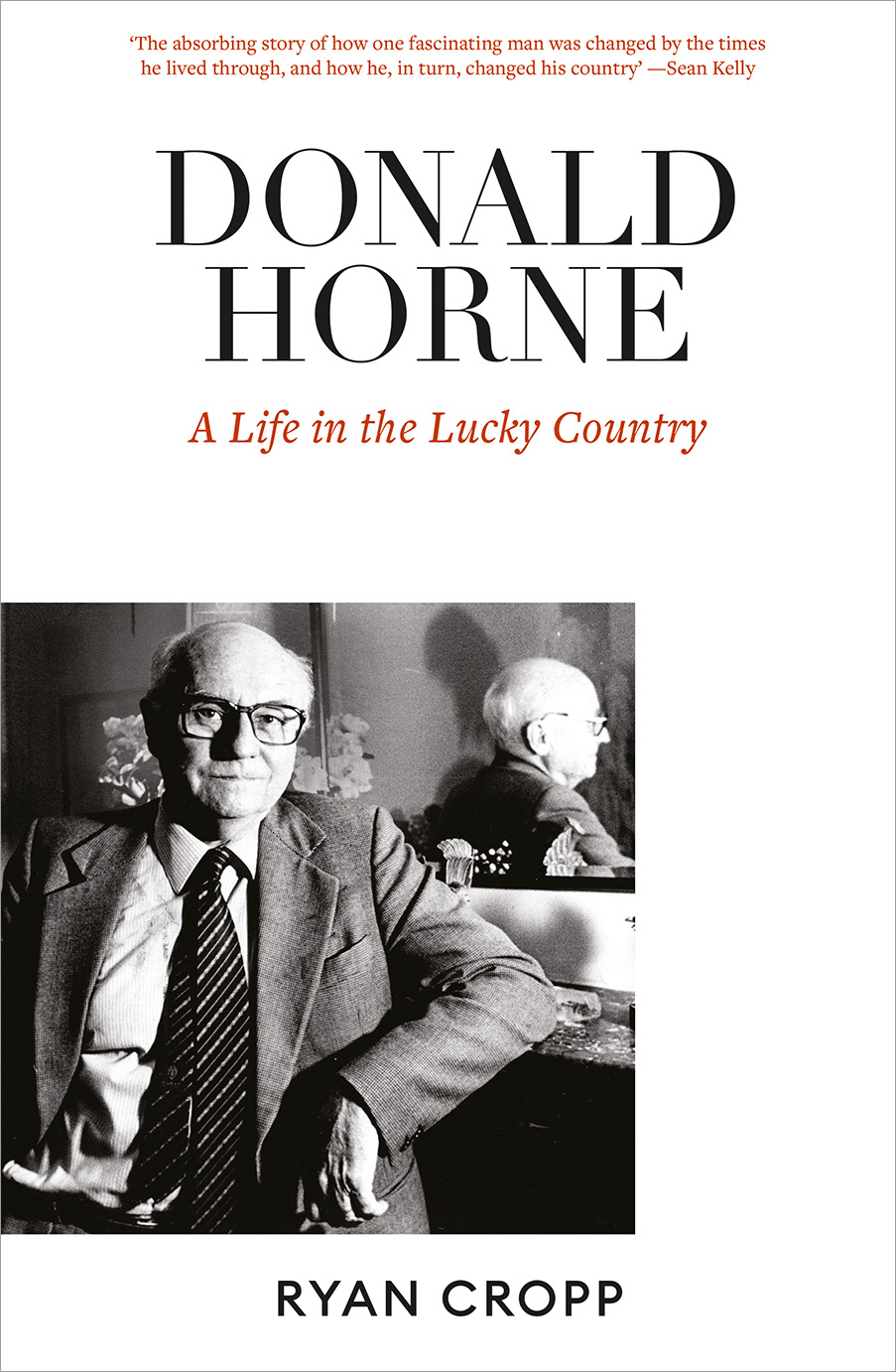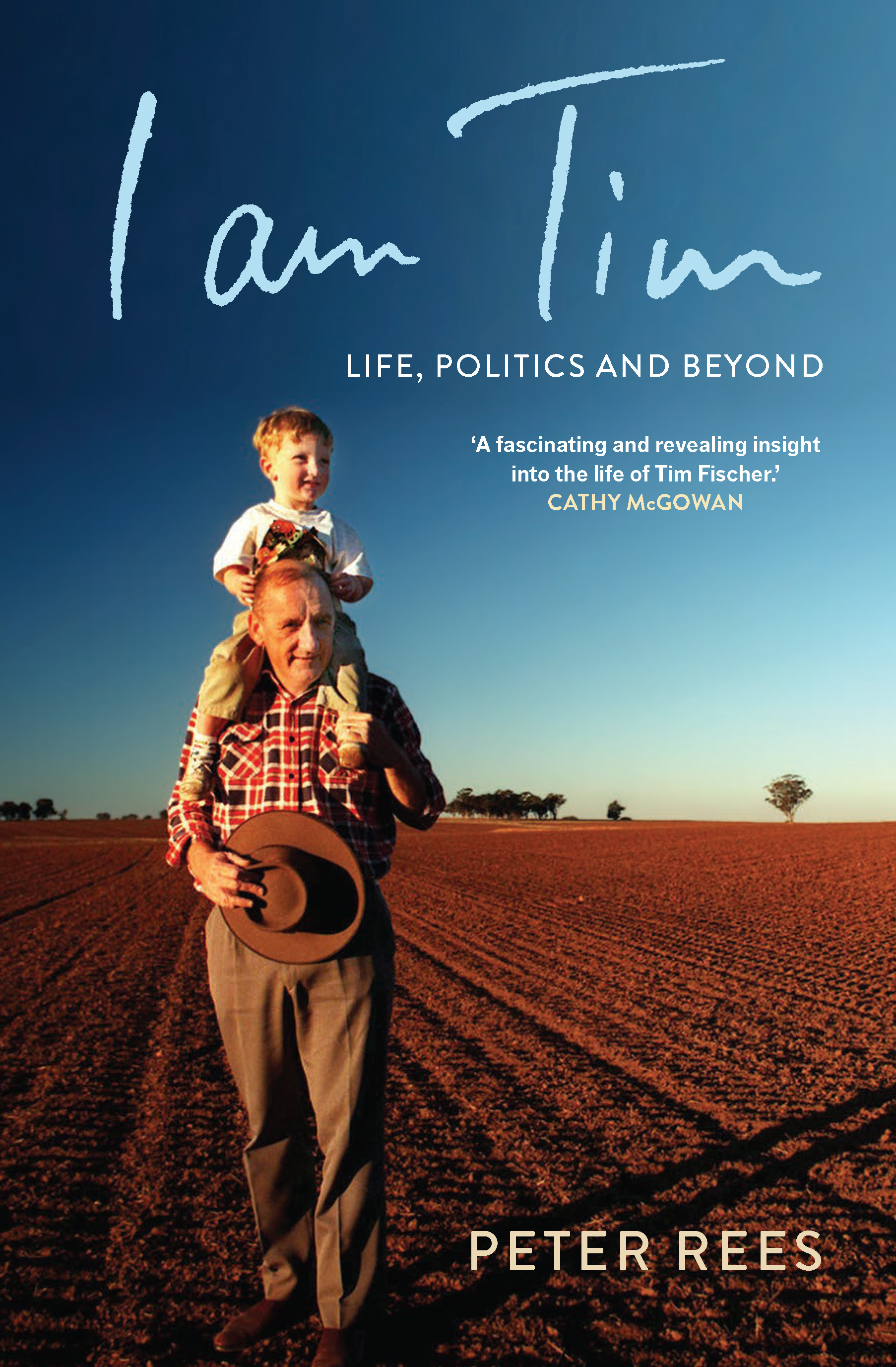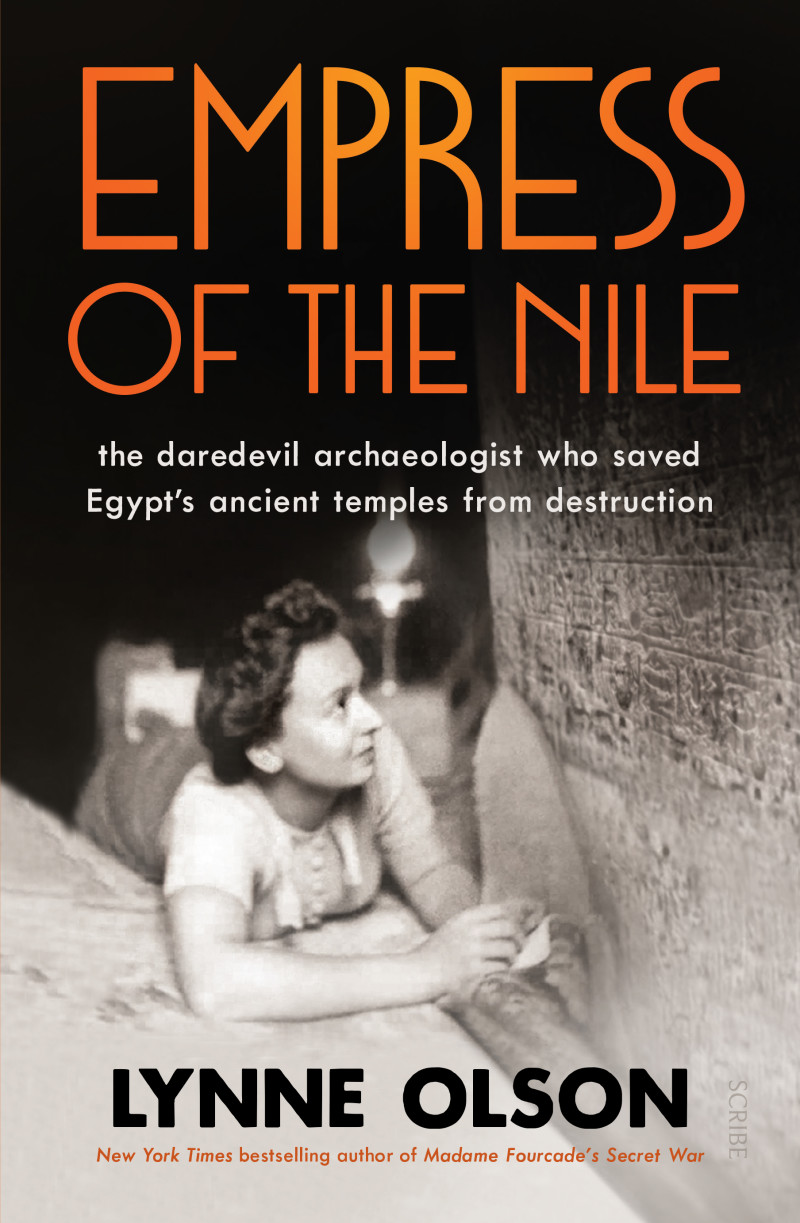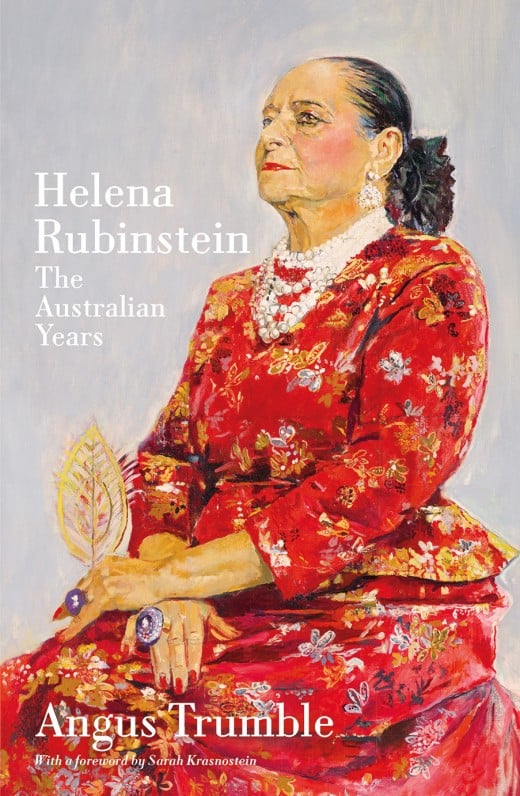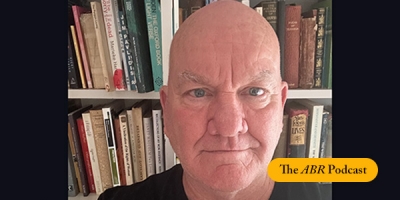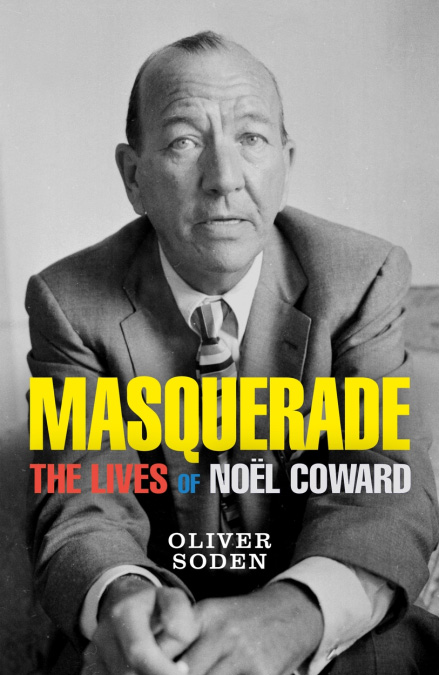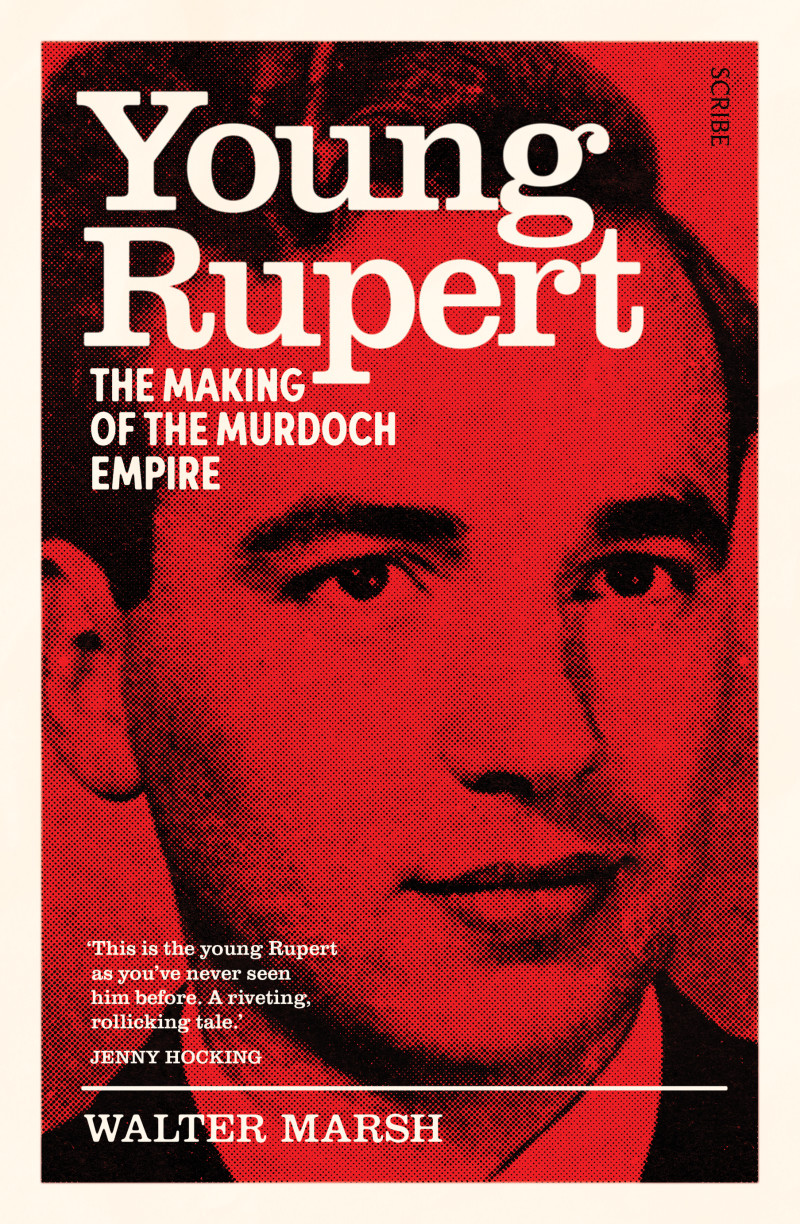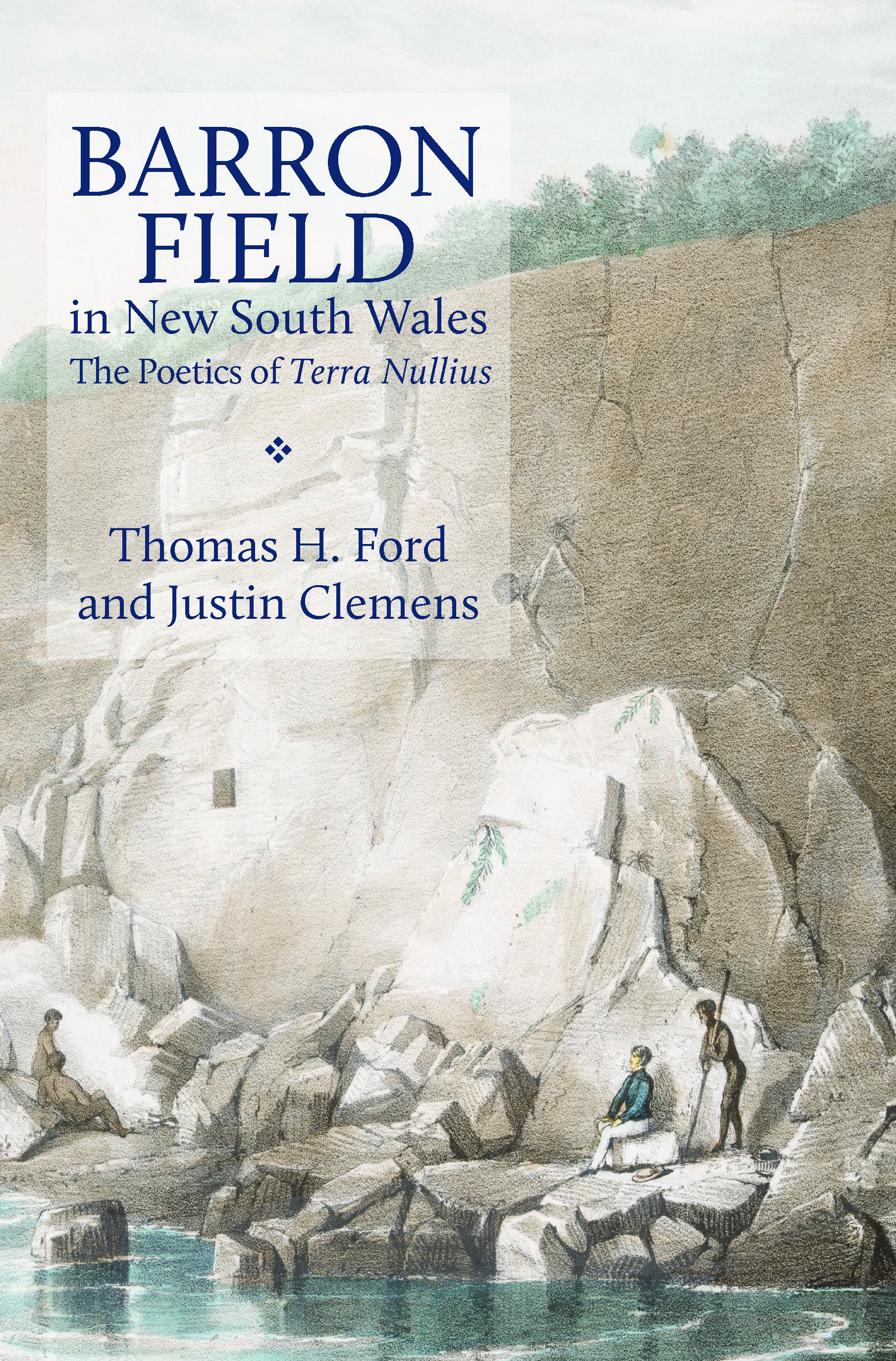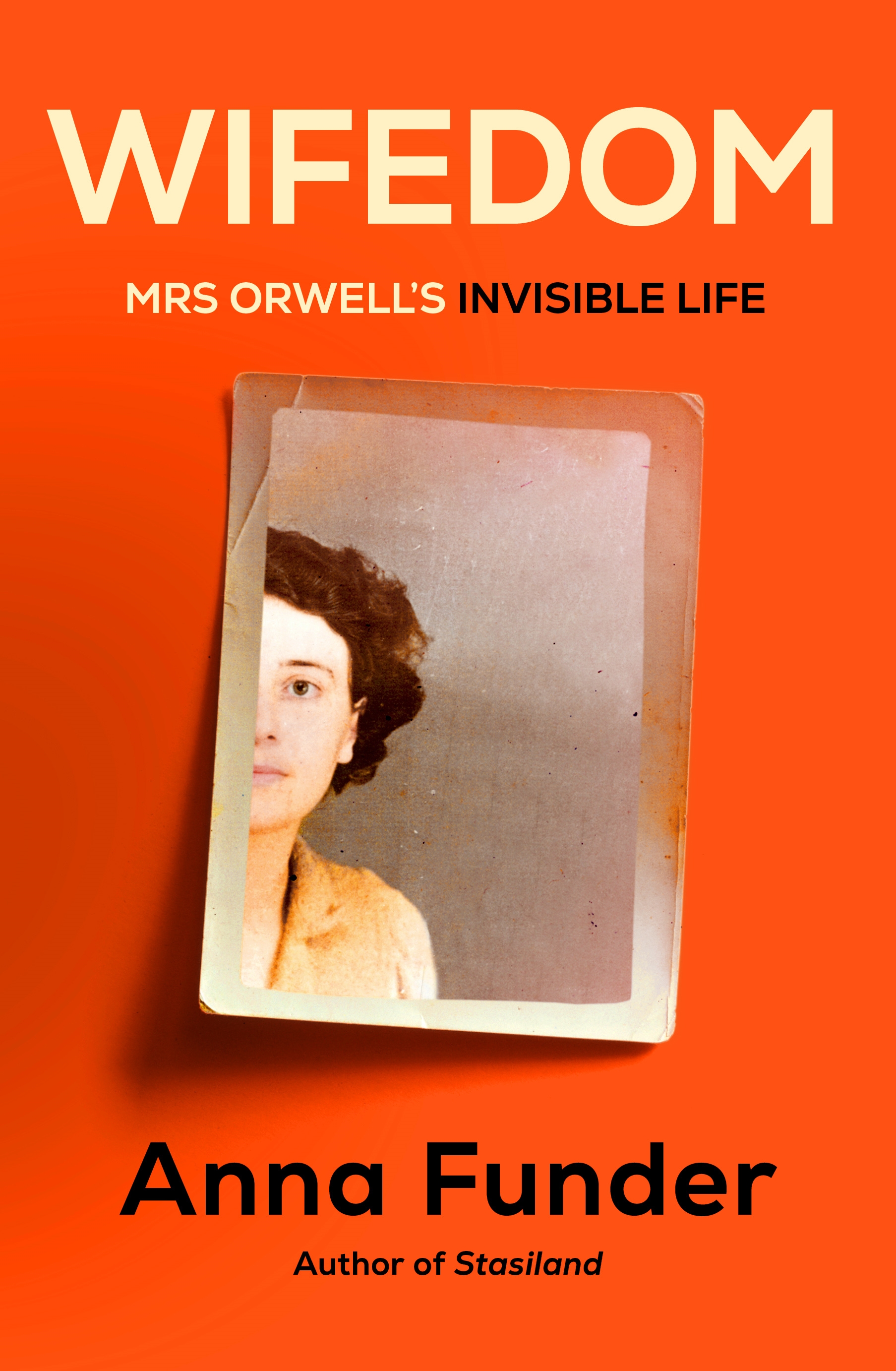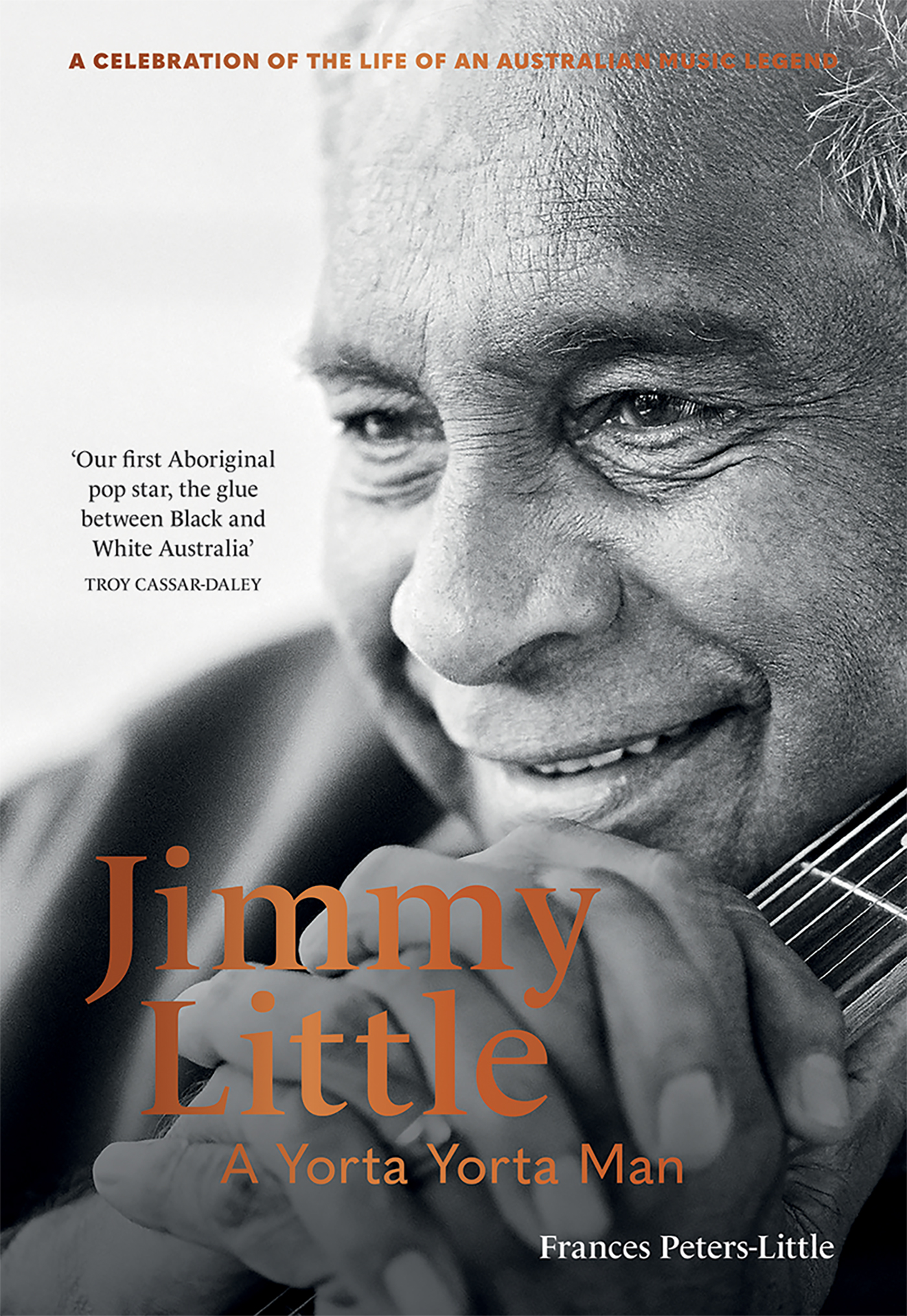Accessibility Tools
- Content scaling 100%
- Font size 100%
- Line height 100%
- Letter spacing 100%
Biography
Empress of the Nile: The daredevil archaeologist who saved Egypt’s ancient temples from destruction by Lynne Olson
by Theodore Ell •
In this week’s ABR Podcast, writer and broadcaster Jonathan Green reviews Walter Marsh’s illuminating biography of the young Rupert Murdoch. Green explains that there is every reason ‘to get to the bottom of Rupert Murdoch’ given the media mogul’s far-reaching influence. Listen to Jonathan Green with ‘ONE MAN CONTROL: An enthralling study of the young Rupert Murdoch’, published in the August issue of ABR.
... (read more)Young Rupert: The making of the Murdoch empire by Walter Marsh
by Jonathan Green •
Barron Field in New South Wales: The poetics of Terra Nullius by Justin Clemens and Thomas H. Ford
by Philip Mead •

